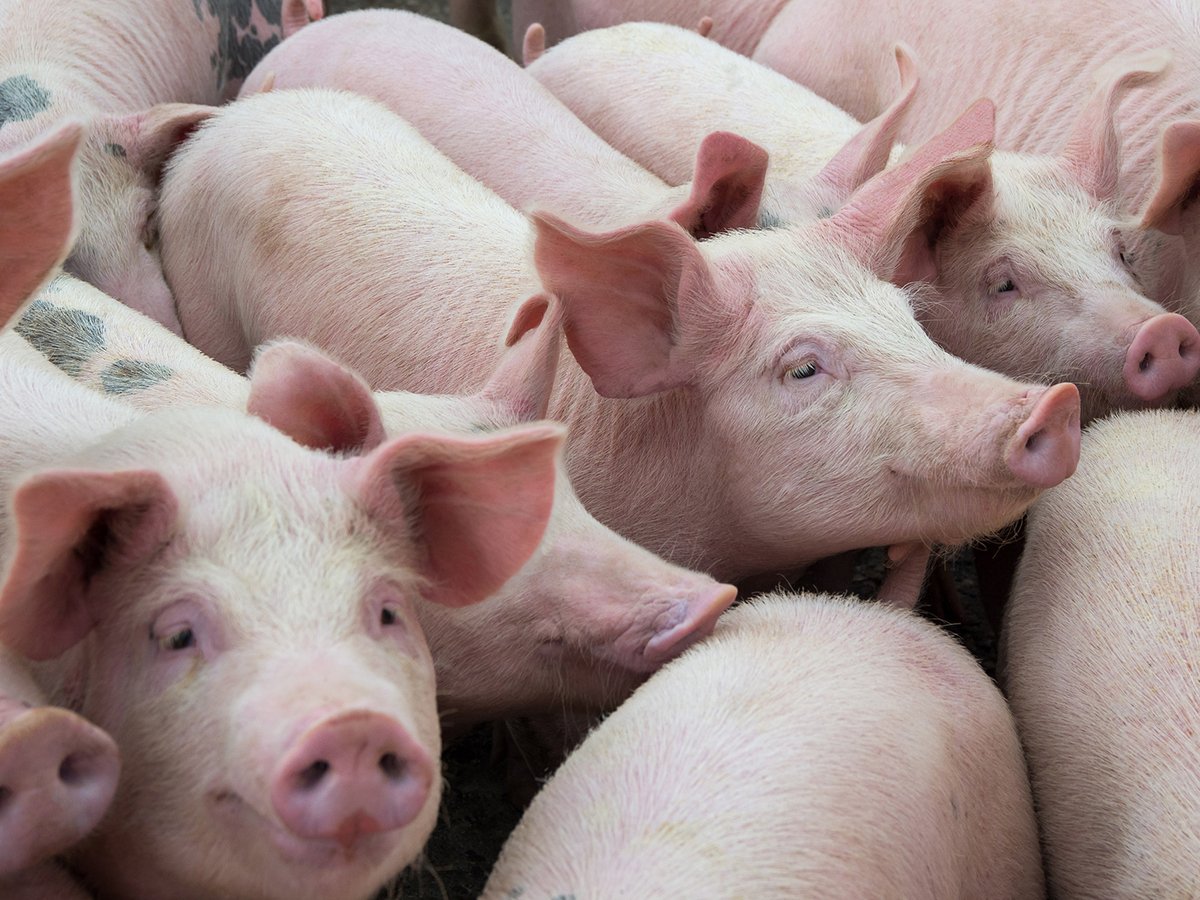Manitoba’s government is getting more serious about chronic wasting disease.
The disease, commonly known as CWD, was first detected in 2021 in a mule deer near Lake of the Prairies, north of Russell near the Saskatchewan border.
In the middle of July, the province announced an additional $880,000 in funding to control the spread of CWD.
“This additional investment will expand testing capacity, with a goal of reducing processing times for the 2023 hunting season,” said natural resources and northern development minister Greg Nesbitt. “Testing more animals more often is critical to detecting the disease early and developing effective strategies to protect wildlife populations for the future.”
Read Also

Quebec pork company calls for transparency around gene-edited pigs
Quebec-based pork company duBreton is calling for transparency around meats from gene-edited pigs on concerns that a lack of mandatory labelling will confuse consumers, and dilute certification claims. The organic sector is also calling for labelling rules.
CWD is a fatal nervous system disease that affects animals in the deer family (cervids), which includes elk, moose and caribou. It’s a transmissible spongiform encephalopathy, or prion disease, and is contagious (between cervids).
In addition to more animal testing, the funding will be used for an additional wildlife biologist to help with prevention and monitoring of CWD.
“Manitoba hunters take chronic wasting disease and its prevention seriously,” said Carly Deacon, directing manager of the Manitoba Wildlife Federation. “The increased funding and staffing levels will certainly assist with improving the CWD surveillance programs.”
Since 2021, there have been 22 positive cases of CWD in the province. The actual number of infections may be much higher.
Manitoba has a small number of cases relative to other prairie provinces.
The 2022-23 surveillance program in Saskatchewan found 473 positive cases of CWD.
Most of those were in mule deer and white-tailed deer, but four elk and three moose also tested positive.
In Alberta, CWD was found in 714 deer, elk and moose during the 2022-23 hunting season.


















